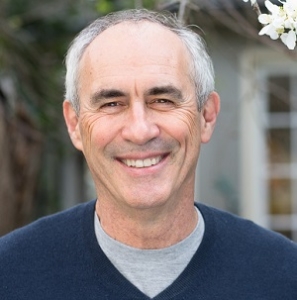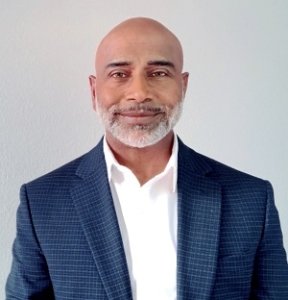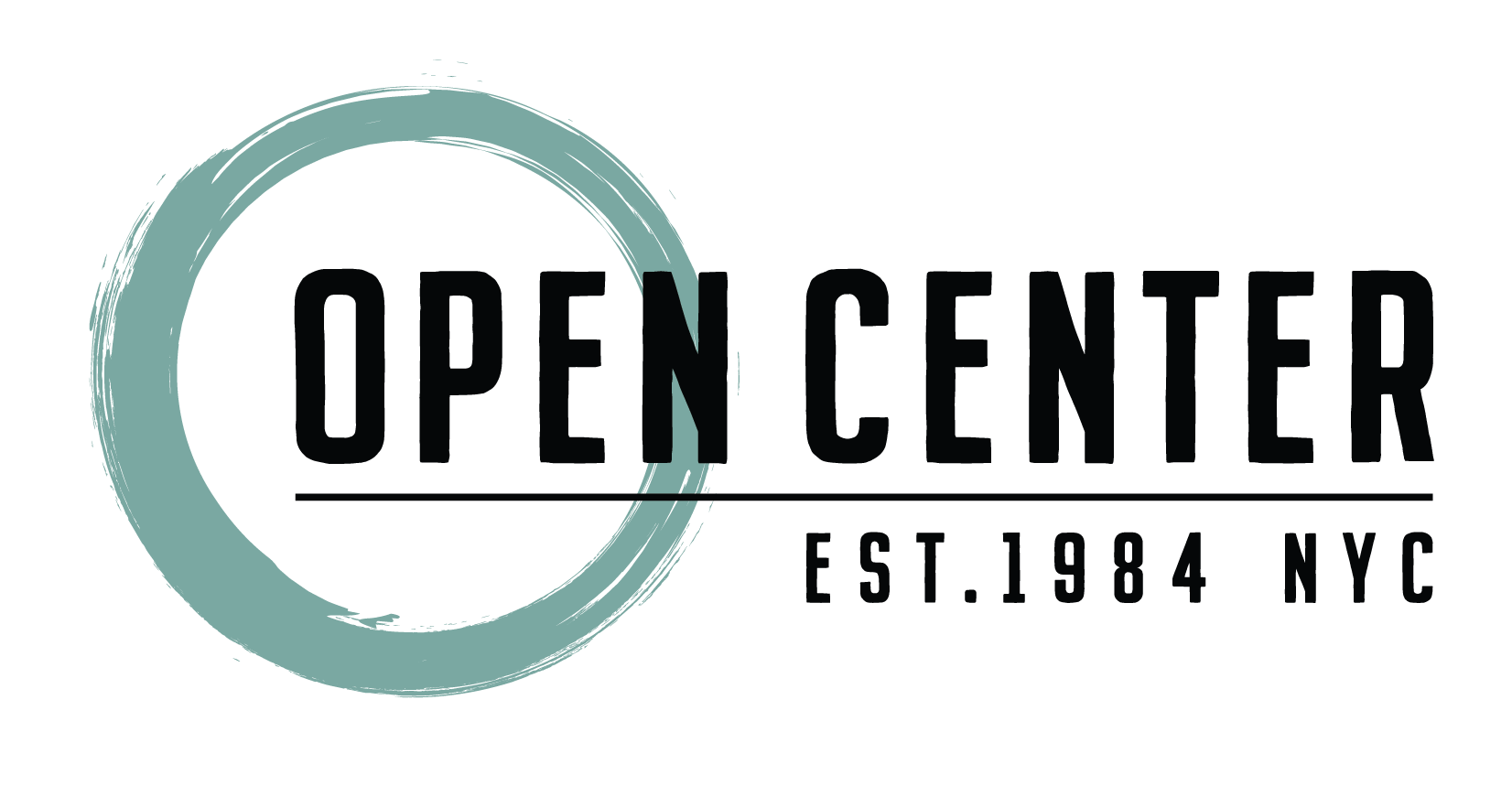- Biofeedback
- Chronic Pain
- Nervous System
- Pain Management
- Polyvagal Theory
Click HERE to view.
(All times listed in this schedule are PST)
A 2 Day Workshop
Saturday & Sunday, February 26-27, 2022
Click HERE to view the Summit Schedule
(All times listed in this schedule are PST)
Free Intro Event | Thursday, January 20th, 5:00 – 6:00 pm PT
Chronic pain in the United States affects more people than diabetes, heart disease and cancer combined. According to the Center for Disease Control (CDC), chronic pain has been linked to numerous physical and mental conditions and contributes to high healthcare costs and a loss in productivity. And yet, traditional medical interventions fall short in promoting pain relief and the medical system continues to subscribe to old pain science. Old pain science suggests that pain should be resolved if that body part is fixed. However, this is not the case and many people continue to suffer, relying on high levels of opioids and surgeries that do not promote a return to functionality and quality of life.
Now more than ever, there is a need to shift the paradigm of chronic pain towards modern pain neuroscience, which suggests chronic pain is not a result of structural, nerve or tissue damage but rather a problem with how the brain and body send and receive information within the nervous system.
Les Aria, PhD and David Hanscom, MD are teaming up again to bring us their groundbreaking work designed to ease suffering and manage chronic emotional and physical pain during their 2nd Annual Chronic Pain Summit – Dynamic Healing.
ABOUT THIS PROGRAM
Chronic pain is a complex problem and understanding all the aspects of it in a given patient is the key to successfully treating it. For many health professionals and patients, the problem is considered currently unsolvable. Fortunately, cutting-edge understandings in our neurophysiology have opened a door to a new paradigm for solving chronic pain, not just managing it. This emerging approach is being successfully used by an increasing number of health care providers across the country.
It is also apparent that most chronic mental and physical disease states have common origins. Chronic pain is just one of them. The focus of the summit is to deepen the understanding of the deep research that documents these shared links and bring them into the clinical realm. There are significant implications regarding how we can more effectively approach chronic illness. This 2-day course will be structured as follows:
Click HERE to view.
(All times listed in this schedule are PST)
Note: This program will be offered online. Sessions of all our online programs will be recorded. The recording will be available for 30 days after the program ends.
An overview of the factors contributing to the neurophysiological nature of chronic disease, including chronic mental and physical pain.
Understanding the creation of symptoms is the result of the interaction between the patient’s stresses and coping skills.
Treating only symptoms does not solve the root cause of chronic disease.
Addressing the dynamic interaction between the environment and the patient can minimize the time spent in threat physiology. By definition, you cannot heal when you are consuming resources to survive.
Many chronic mental and physical diseases are linked by common mechanisms
Mitochondrial level
Genomic expression of inflammatory markers
Social cues of safety versus threat
The essence of disease is sustained exposure to threat physiology
Using HRV and other metrics quantitates this phenomenon
Understanding the evolution of life helps understand what sustains life and also creates disease.
The bridge between the neocortex, autonomic nervous system, and the composition of the body’s physiology.
The nature and neuroscience of human consciousness
Predictive coding
Impact on the body’s when the predictions are inaccurate
Clinical manifestations of the chronic threat state
Rheumatology perspective
The role of social connection – oxytocin
Physical and mental manifestations
Treatment principles and approaches
ACT (Acceptance and Commitment Therapy)
ISTDP – rapid processing
Internal family systems
The art of “letting go”
The unconscious brain as a protector
Modern pain neuroscience offers a greater understanding that hurt does not equal damage. The science also brings attention to multifactorial pre-dispositions of why some people develop chronic pain. The science also points us in the direction that, when we are in a chronic state of threat (life demands, unhealthy lifestyles, including unresolved traumas), the nervous system fires-up and wires-up in heightened states of vicious inflammation, which sensitizes, amplifies and maintains the chronic pain condition. Furthermore, applications of psychological evidenced-based treatments offer hope of being equipped with skills to rewire the threat response to create a sense of safety in the nervous system into a healing cycle, and thereby an opportunity into pain recovery.
CE’s are available for eligible professions. Please carefully look over the CE’s offered to make sure your license qualifies for the credit. For more information click HERE.
Please note the CEU credit is ONLY available for participation in the LIVE conference. Credit is NOT available for those who view the recorded content. Partial credits will be available for the parts attended live.
Click HEREto view.
(All times listed in this schedule are PST)

22SBB03Q
EARLY BIRD – Ends January 21
$215
Members
$265
$265

David Hanscom, MD, an orthopedic spine surgeon whose practice focused on patients with failed back surgeries, quit his practice in Seattle, WA to present his insights into solving chronic pain, which evolved from his own personal battle with it.

Les Aria, PhD, a pain psychologist who has been practicing for the past 16 years with Kaiser Permanente Medical Group in Northern California, served as the Lead Pain Psychologist for Kaiser Northern California to help redesign the chronic pain workshop curriculum to incorporate modern pain science, mindfulness and Acceptance & Commitment Therapy (ACT).

David R. Clawson, MD, a practicing physical medicine and rehabilitation doctor in Seattle, WA, believes in a conservative and holistic approach to treatment prior to more aggressive care.



Subscribe to our newsletter to keep up with the latest news and program updates from The Open Center.

 Vince Sauter
Vince Sauter 